
Join 10k+ people to get notified about new posts, news and tips.
Do not worry we don't spam!
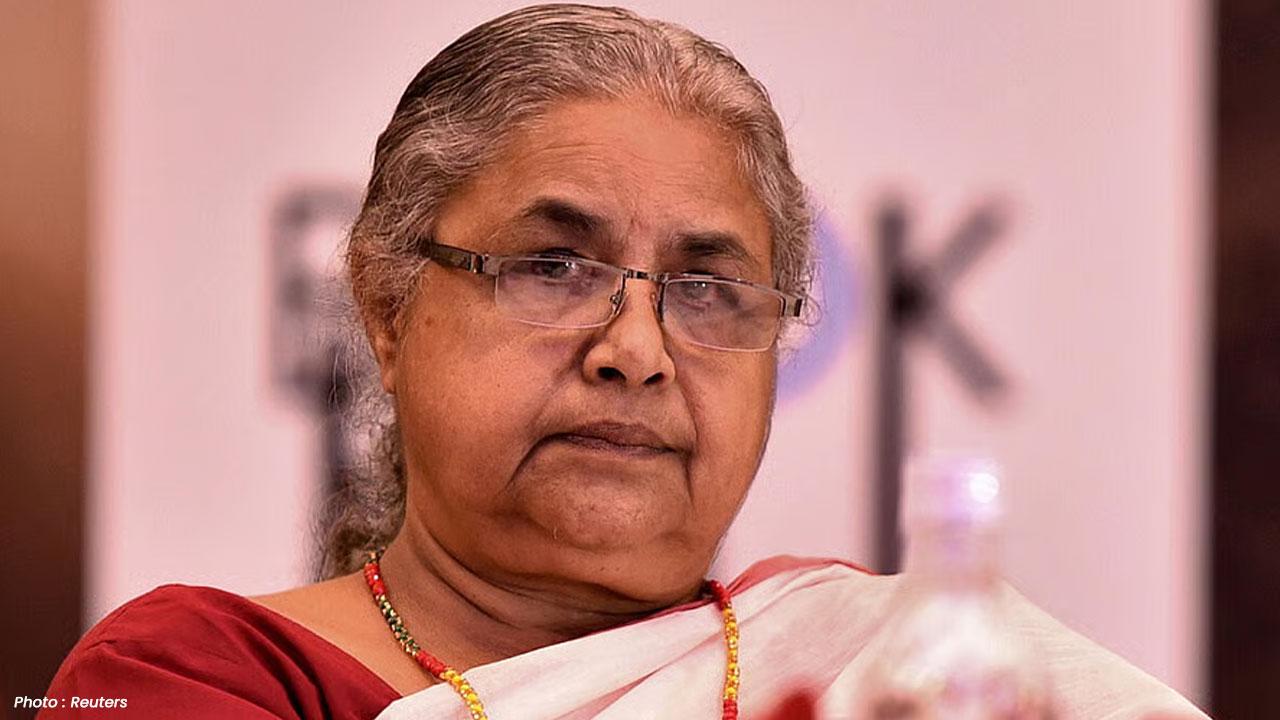
Post by : Raman
In 2017, Nepal’s history took a dramatic turn when Sushila Karki, the first and only woman to serve as Chief Justice of the Supreme Court, faced an impeachment attempt. This moment became one of the most debated events in Nepal’s political and legal system, raising questions about democracy, judicial independence, and political power.
The conflict began when Chief Justice Karki’s bench overruled the government’s decision to appoint the country’s police chief. According to the verdict, the most senior officer should have been chosen for the post. This judgment went against the ruling coalition’s decision, which included Prime Minister Pushpa Kamal Dahal—widely known as Prachanda—and his allies in Parliament.
The ruling angered many leaders. They claimed Karki had crossed her limits and interfered in political matters. Soon after, Prachanda and several Members of Parliament filed an impeachment motion against her, accusing her of “judicial overreach.”
This impeachment attempt was historic because it was the first time in Nepal’s history that a sitting Chief Justice faced such a move. At least 249 lawmakers signed the motion—more than the number required to begin an investigation. Parliament also suspended Karki as part of the process.
The impeachment shocked Nepal and the world. Many saw it as a direct attack on the independence of the judiciary, which is supposed to work without interference from political leaders.
The news spread quickly, and many organizations and leaders raised their voices in support of Karki. Human Rights Watch, a global rights group, strongly criticized the government’s action. Its Asia Director at the time, Brad Adams, said the attempt to remove Karki was nothing less than an effort to silence a judicial decision.
The International Commission of Jurists also warned that the impeachment raised “very serious concerns” about the separation of powers in Nepal. Experts feared that if judges could be removed for decisions that politicians disliked, then Nepal’s democracy would be weakened.
Even within Nepal, criticism poured in. Former Prime Minister KP Sharma Oli opposed the move, while political analyst Lok Raj Baral noted that Karki had taken a bold stand against corruption, which made many politicians uncomfortable.
While the government seemed determined, the plan soon started to fall apart. Then Home Minister Bimalendra Nidhi revealed that he had not been consulted about the police chief appointment. This statement created cracks in the coalition and forced Prachanda to step back.
The Supreme Court itself later ordered Parliament to stop the impeachment process. This decision was a major victory for judicial independence.
Sushila Karki retired shortly after the incident, but the episode remains important in Nepal’s modern history. It showed how fragile the balance of power between politics and the judiciary can be.
For many, Karki became a symbol of courage. She stood firm at a time when political pressure was at its peak. Her story also highlighted how women in high office face unique challenges in male-dominated systems.
The impeachment attempt against Chief Justice Karki was not only about one appointment. It reflected deeper issues in Nepal’s politics—corruption, lack of transparency, and the struggle for control over powerful institutions.
The lesson from this event is clear: a strong democracy depends on independent courts. If judges can be threatened or removed for their decisions, then ordinary citizens cannot expect fair justice.
Today, Sushila Karki is remembered not just as Nepal’s first woman Chief Justice, but also as someone who stood firm against political pressure. Her story continues to inspire many, especially young women, to believe that leadership and courage can create real change.
The impeachment attempt against her may have failed, but it remains a warning for Nepal. Political leaders and institutions must learn to respect boundaries if they want to build a stable democracy.
Sushila Karki, Nepal Chief Justice, first woman Chief Justice Nepal, 2017 impeachment Nepal
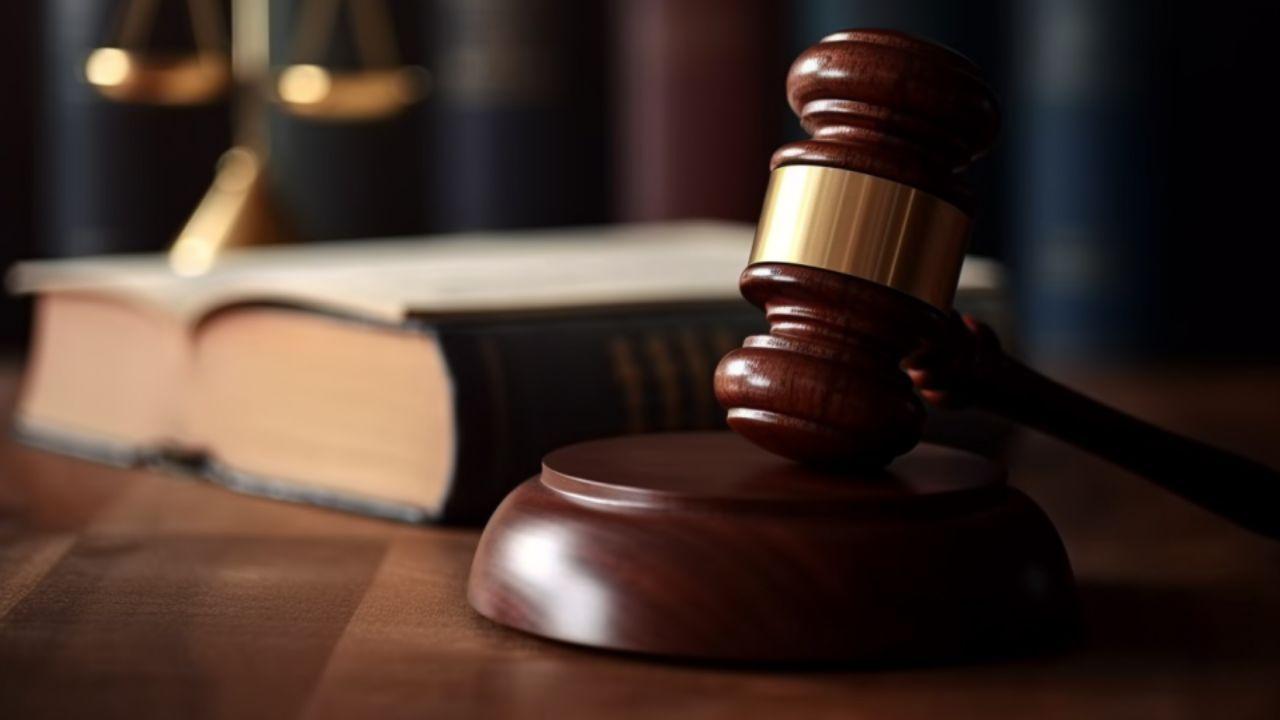
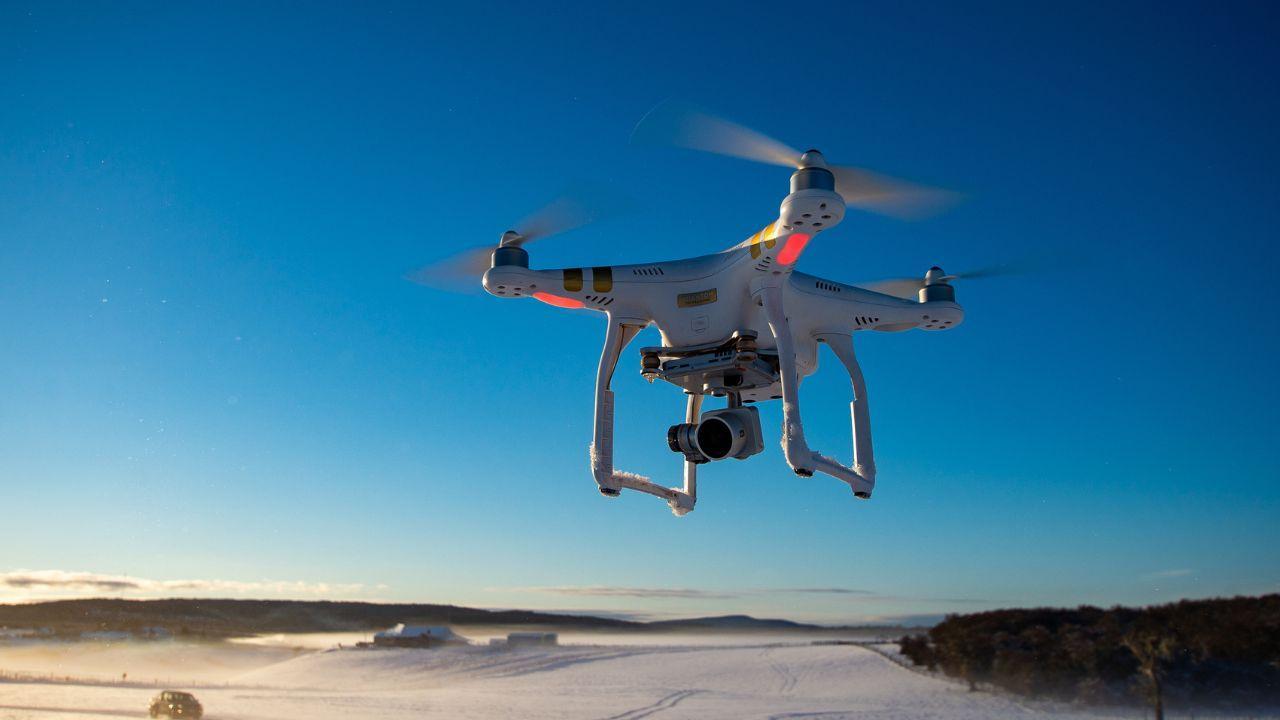
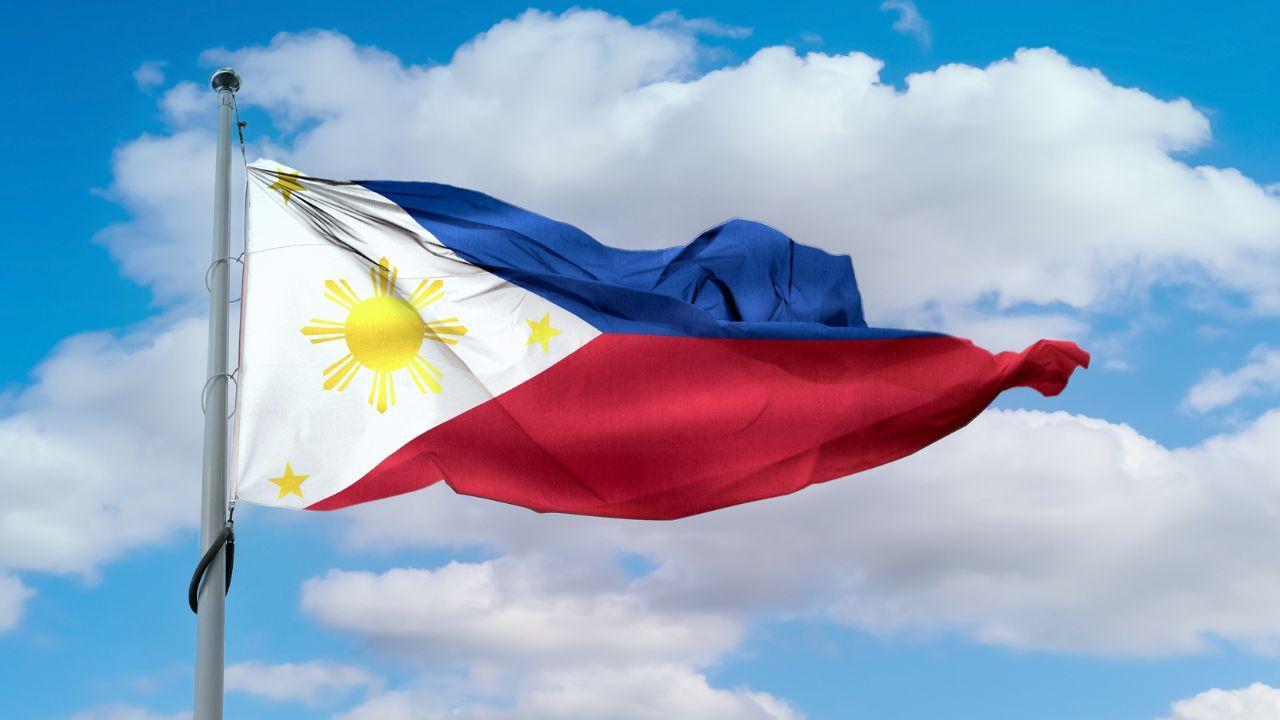

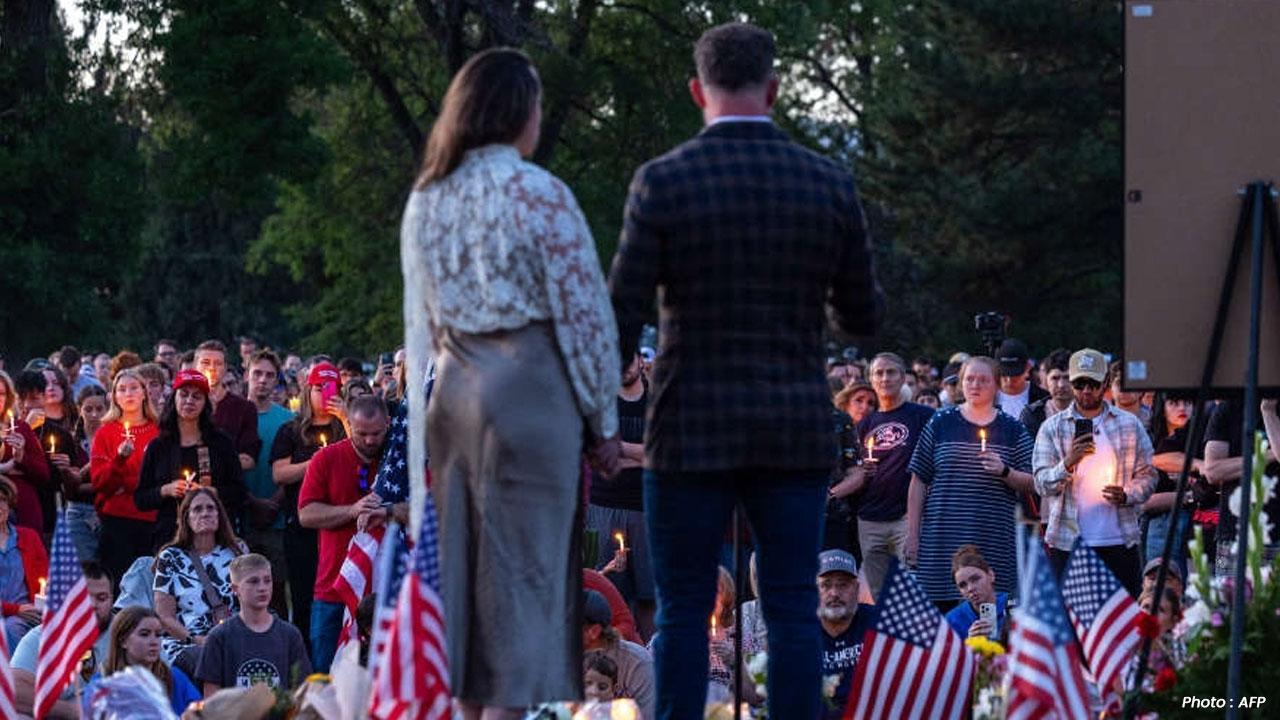


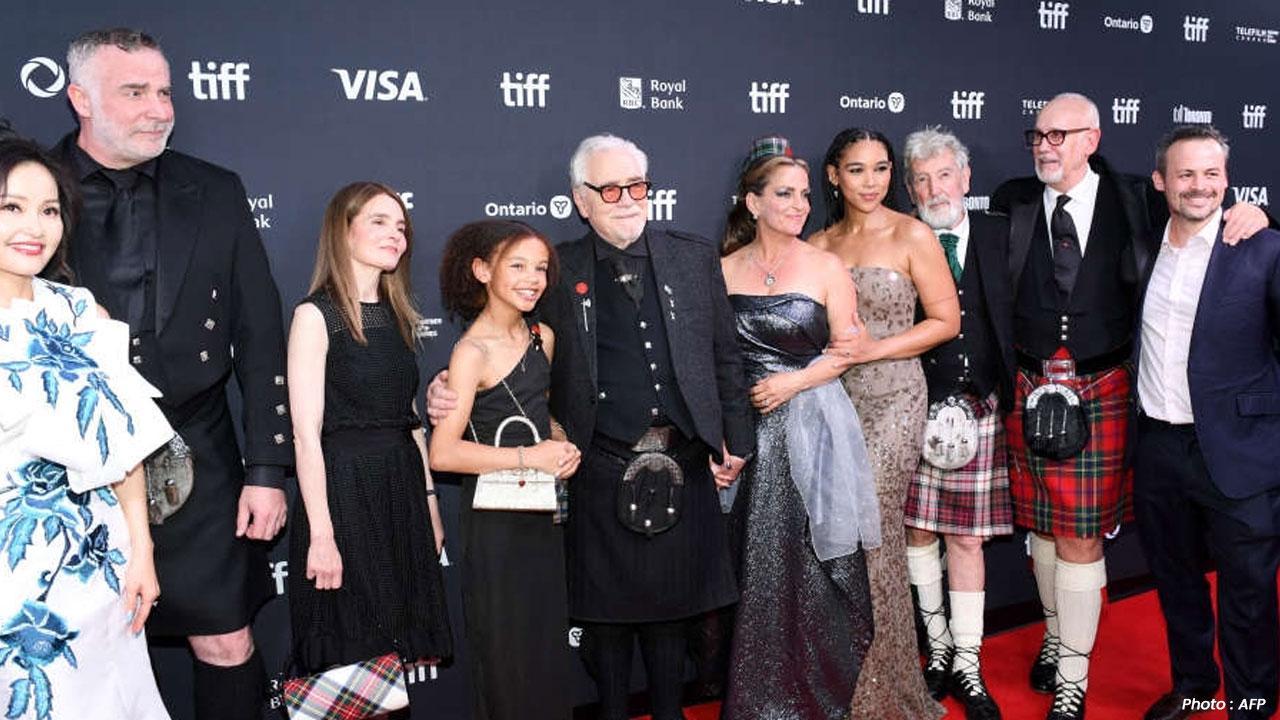

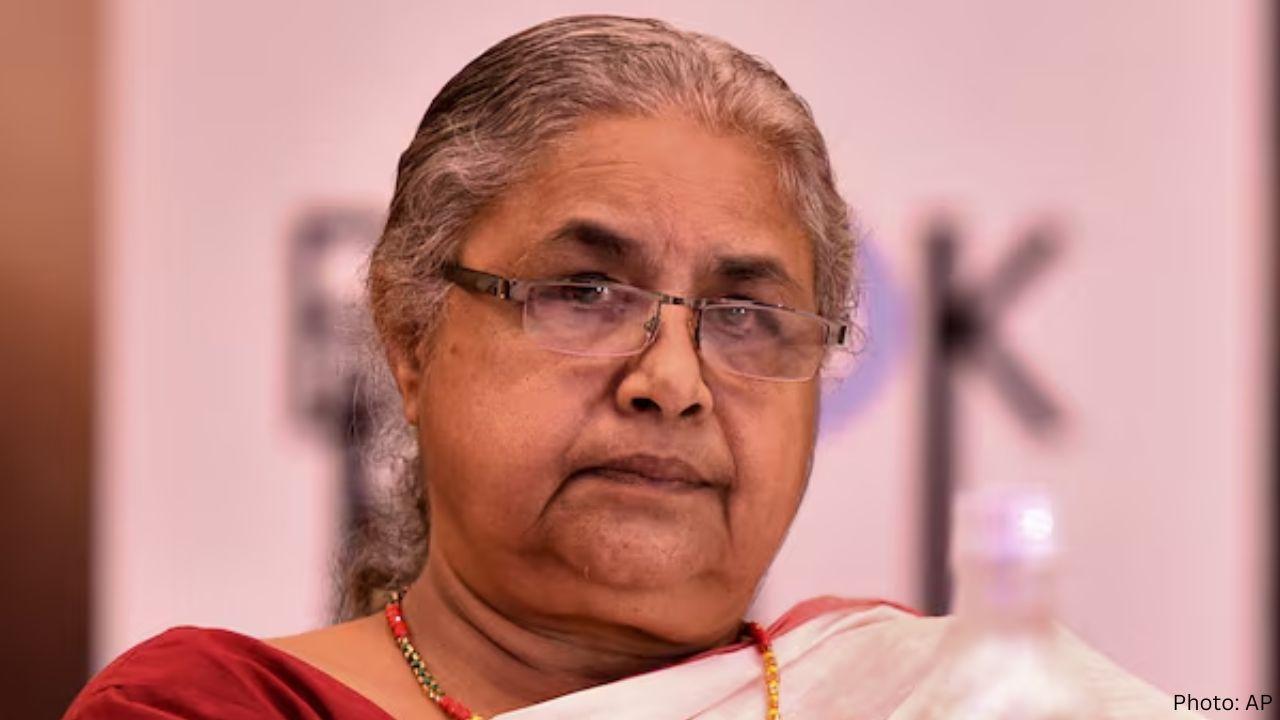
Sushila Karki Becomes Nepal’s First Woman Prime Minister
Eminent jurist Sushila Karki, 73, becomes Nepal’s first woman prime minister after Gen Z protests to

Netanyahu gambled by targeting Hamas leaders in Qatar. It appears to have backfired
Netanyahu’s airstrike on Hamas leaders in Qatar failed, hurting global ties, angering allies, and ra
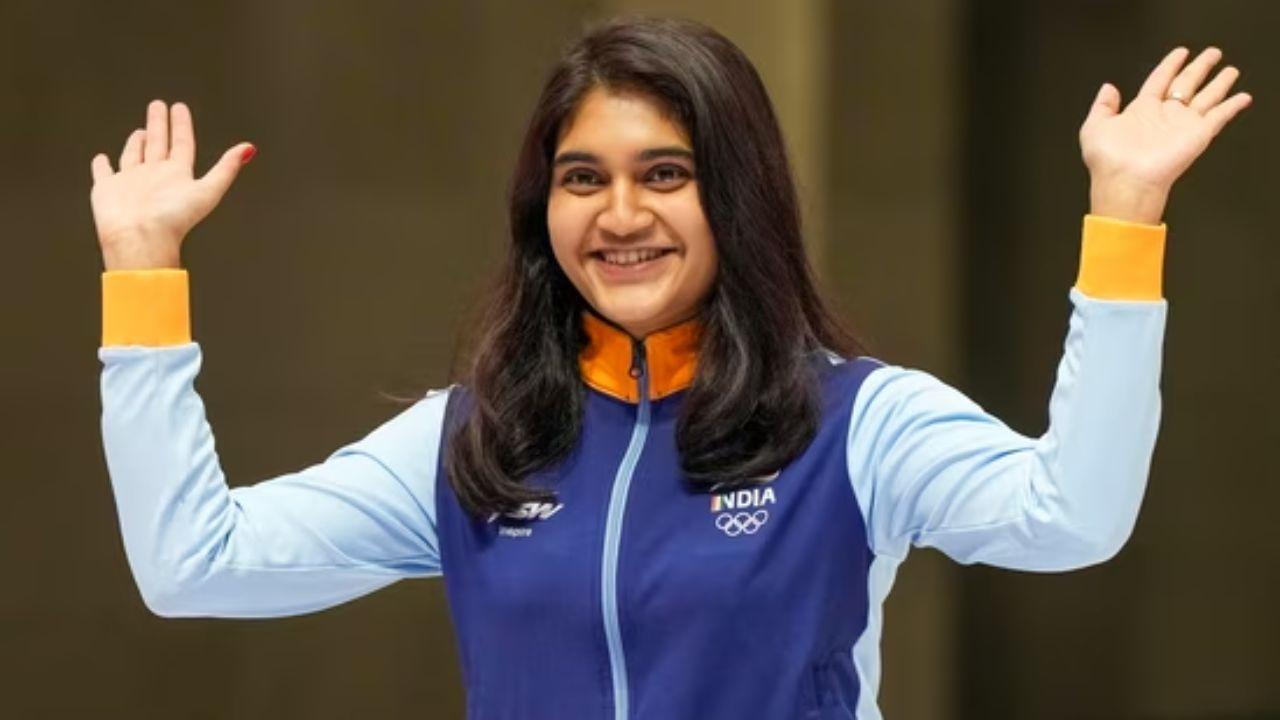
Esha Singh Wins Gold in 10m Air Pistol at ISSF World Cup 2025 India Shines
Esha Singh secures India’s first gold at ISSF World Cup 2025 in Ningbo, beating top shooters in a th

Neymar won’t have problems securing Brazil World Cup spot if in top shape, says Ancelotti
Brazil coach Ancelotti says Neymar must prove physical fitness to earn a place in the 2026 World Cup
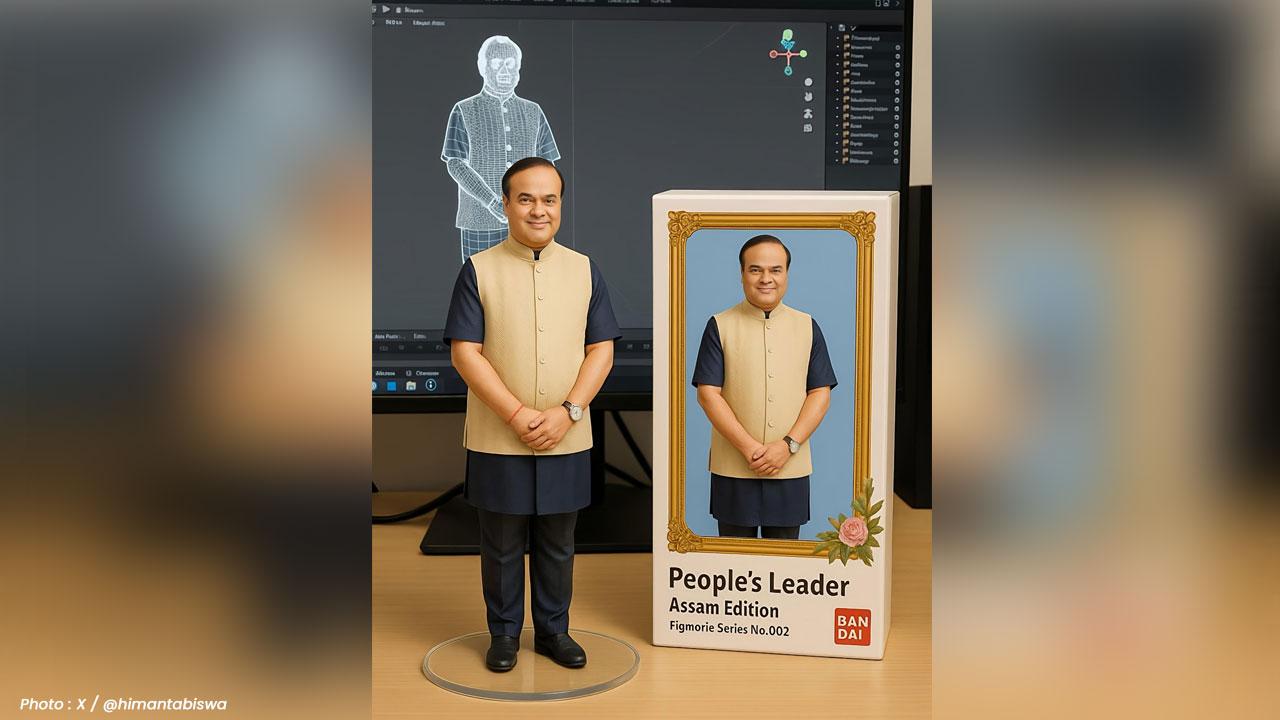
Google Gemini Nano Banana Trend Lets You Create Realistic 3D Figurines
Turn your photo into a lifelike 3D figurine for free with Google Gemini’s Nano Banana trend. Fun, ea

Apple AI Leader Robby Walker Quits Amid Delays in Siri
Apple AI chief Robby Walker is leaving after a decade, raising concerns as Siri upgrades face delays